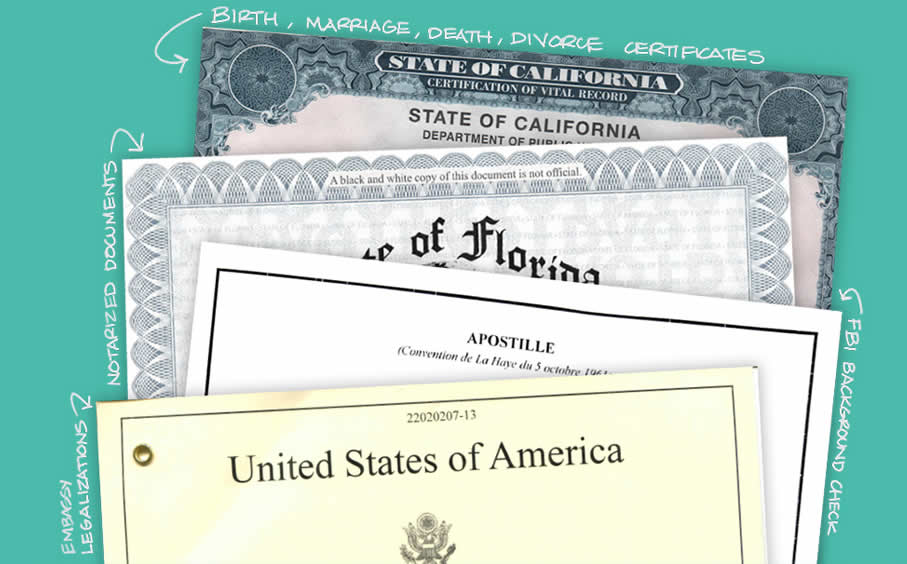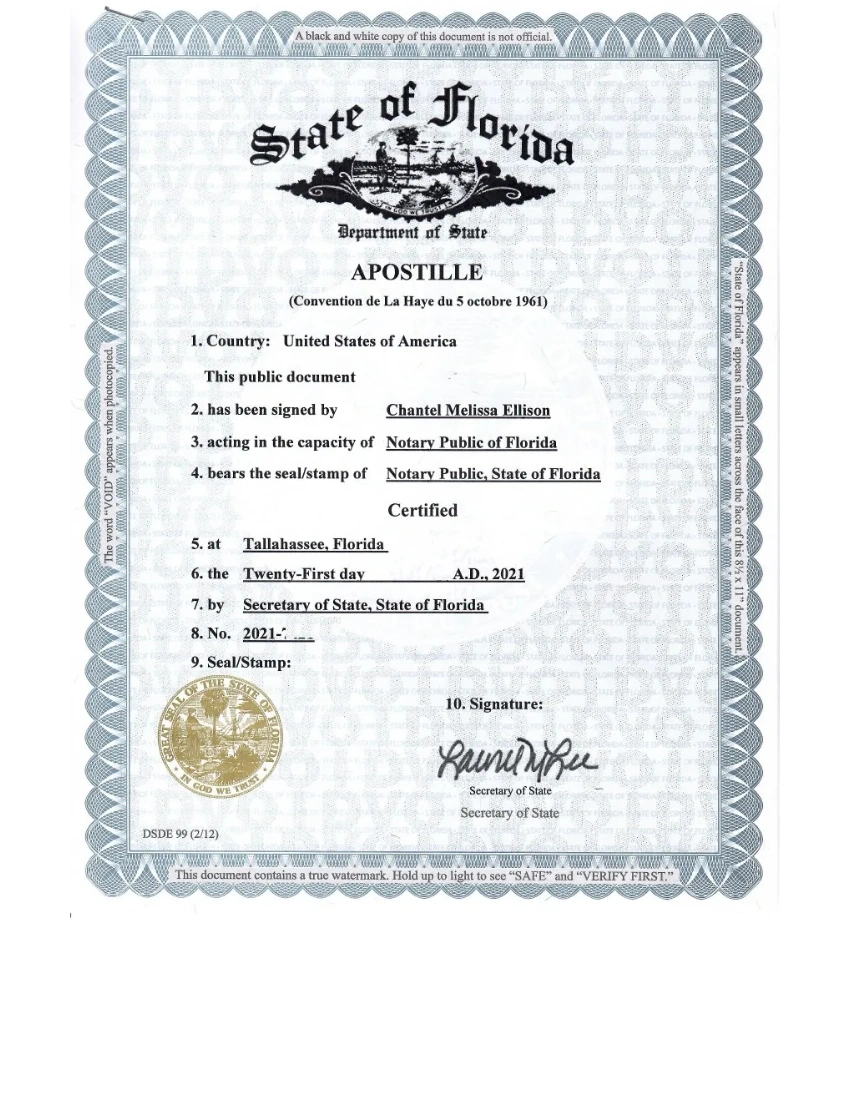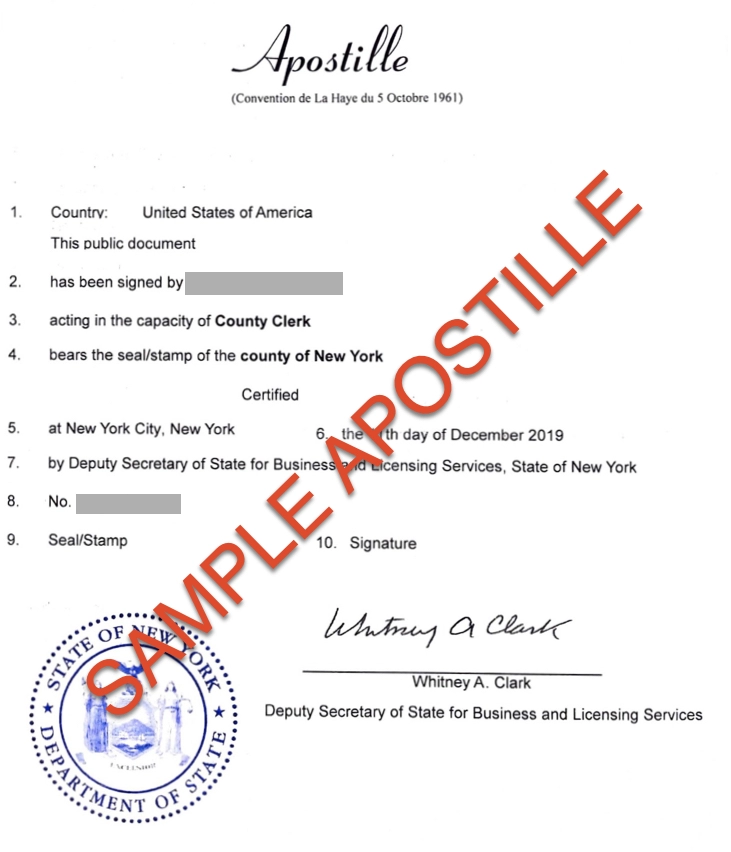Effective Houston Apostille Provider - Have Your Files Apostilled
Looking Into the Factors Behind the Required Need of Apostille Qualification for Legal Papers
In the realm of legal documentation, the necessary demand of apostille accreditation has ended up being a necessary facet that dramatically influences the legitimacy and acknowledgment of lawful documents on a global range. Comprehending the reasoning behind this requirement involves delving into the intricate web of legal complexities, historic criteria, and worldwide agreements that underscore the relevance of apostille qualification in today's interconnected globe. By checking out the underlying reasons behind this prevalent need, a clearer picture arises of why this relatively administrative process holds such tremendous relevance for companies, individuals, and governments alike.
Historical Evolution of Apostille Qualification
Just how did the idea of apostille accreditation develop in time to end up being a crucial part of worldwide file validation? The historical development of apostille accreditation go back to the early 20th century. The need for a streamlined technique of verifying files for use across borders came to be noticeable as global profession and traveling enhanced. In feedback to this requirement, the Hague Seminar on Private International Law introduced the Apostille Convention in 1961. This global treaty developed a streamlined procedure for licensing the authenticity of papers to be recognized in member nations.
Initially taken on by a few European countries, the Apostille Convention progressively obtained global acceptance because of its performance and performance in verifying the legitimacy of official papers. Throughout the years, the convention's reach broadened as even more nations signed up with, identifying the apostille as a widely accepted form of file authentication. Today, apostille qualification has actually become a common need for validating legal papers in international transactions, ensuring smooth communication and lawful process in between countries.
Simplifying International Document Legalization
The streamlining of global file legalisation procedures has dramatically enhanced effectiveness in cross-border purchases. Simplifying the procedure of legislating documents for worldwide usage has ended up being essential in assisting in swift and smooth transactions between nations. Among the key systems that have actually added to this simplification is the adoption of the Apostille Convention, which offers a standard approach for validating the authenticity of files across getting involved countries.
By sticking to the Apostille requirements, countries consent to acknowledge each various other's public records as legitimate without the need for further legalization. This gets rid of the prolonged and usually difficult process of several authentications by different authorities, saving time and resources for individuals and services taken part in global tasks.

Guaranteeing Document Credibility and Legitimacy
To ensure the credibility and legitimacy of legal records in international purchases, stringent confirmation procedures are vital. By requiring apostille accreditation for lawful papers, authorities aim to confirm the origin of papers and validate the trademarks of people involved.
Additionally, validating the credibility of lawful files through apostille accreditation enhances count on and confidence amongst events involving in worldwide transactions. Ultimately, by promoting rigorous confirmation standards, apostille certification adds to a much more secure and clear worldwide legal framework.

Helping With Cross-Border Legal Recognition
In the realm of international purchases, the apostille qualification not just makes sure the authenticity and validity of lawful records however likewise plays a critical role in promoting cross-border lawful recognition (Houston Apostille). When legal documents bear an apostille certificate, they are conveniently approved by foreign authorities without the need for further confirmation. This streamlined procedure quickens the recognition of documents in various countries, promoting performance and decreasing bureaucratic difficulties in legal issues that transcend nationwide limits
Promoting cross-border legal acknowledgment via apostille certification fosters depend on and self-confidence in the authenticity of papers traded between countries. By sticking to the criteria set forth by the Apostille Convention, nations concur to honor the apostille seals attached to papers from various other member countries, therefore streamlining the procedure of lawful recognition across borders.
Compliance With International Treaty Specifications
Conformity with global treaty criteria is critical for making certain the uniform application of lawful guidelines throughout getting involved countries. The Apostille Convention, developed in 1961, lays out the needs for the approval of public records amongst participant nations. By sticking to the requirements stated in this treaty, countries dedicate to acknowledging the credibility of each other's certification without the requirement for further authentication - Houston Apostille. This mutual approval simplifies the procedure of cross-border paper recognition, advertising effectiveness and reducing administrative difficulties.
The Apostille qualification, as Homepage mandated by the treaty, functions as a warranty of credibility for files such as birth certifications, marital relationship licenses, court judgments, and notarized deeds. This standard strategy assists avoid fraud and ensures that legal papers stemming from one member nation are readily accepted in an additional. Furthermore, by following international treaty requirements, nations demonstrate their dedication to promoting the concepts of transparency, trust fund, and participation in lawful matters on a global scale.
Conclusion

In the world of legal documentation, the obligatory need of apostille certification has actually ended up being a necessary element that substantially impacts the credibility and recognition of lawful papers on an international scale. Today, apostille certification has actually come to be Website a conventional requirement for validating legal papers in global transactions, ensuring smooth communication and lawful proceedings in between nations.
Moreover, confirming the credibility of lawful papers with apostille certification improves depend on and self-confidence amongst parties engaging in international transactions.In the realm of international transactions, the apostille qualification not just guarantees the credibility and credibility of legal documents however additionally plays a crucial role in helping with cross-border lawful acknowledgment. By sticking to the criteria established forth by the Apostille Convention, nations concur to recognize the apostille seals fastened to files from various other participant nations, therefore streamlining the process of legal acknowledgment throughout borders.